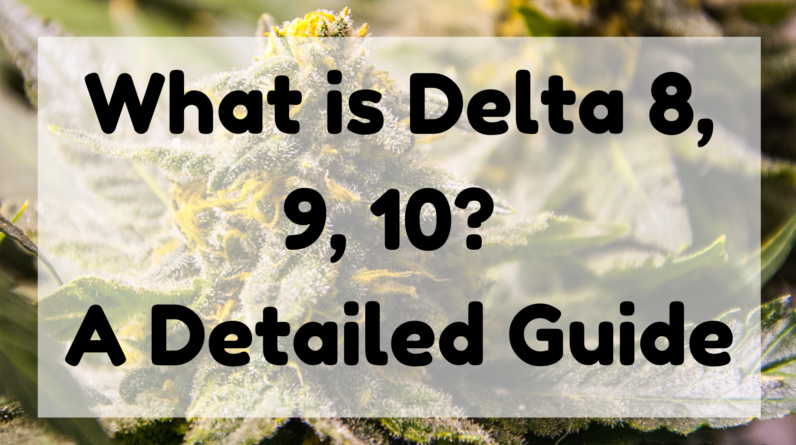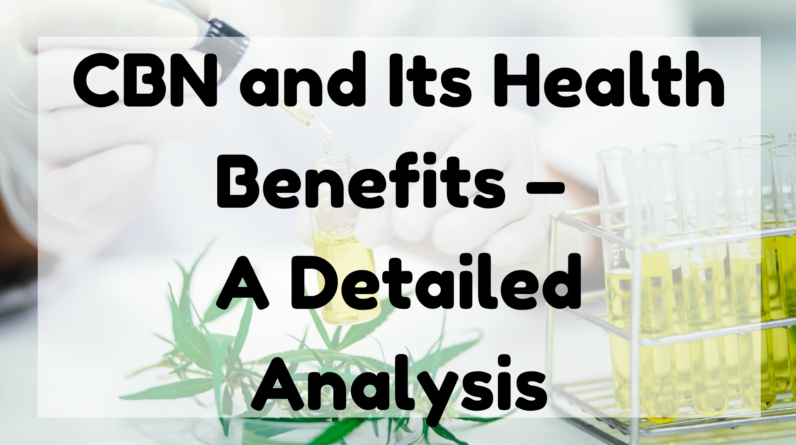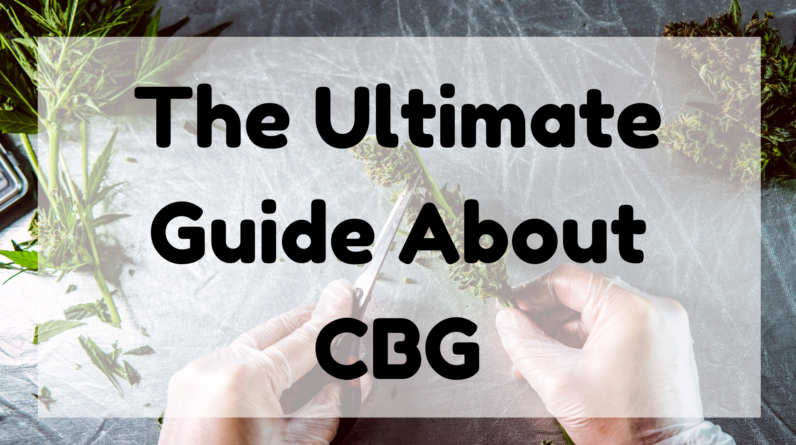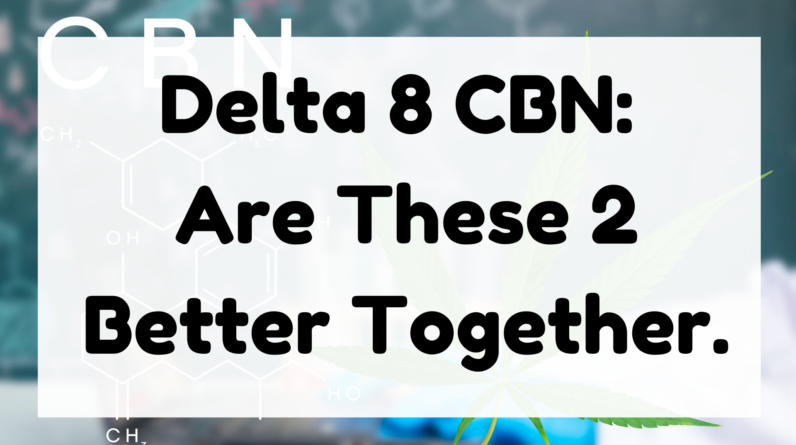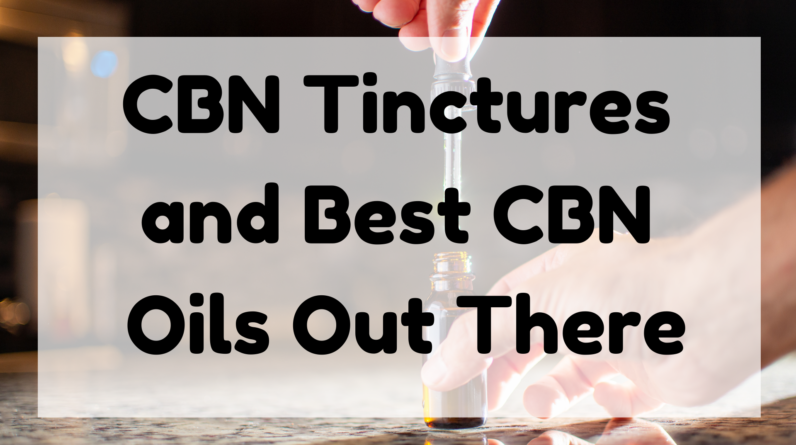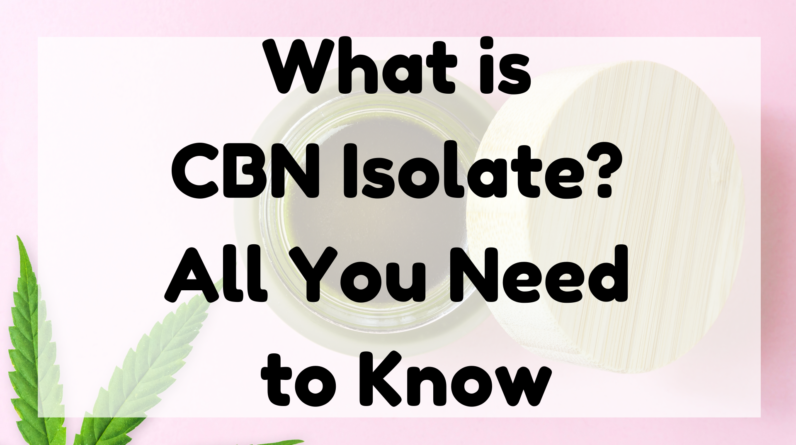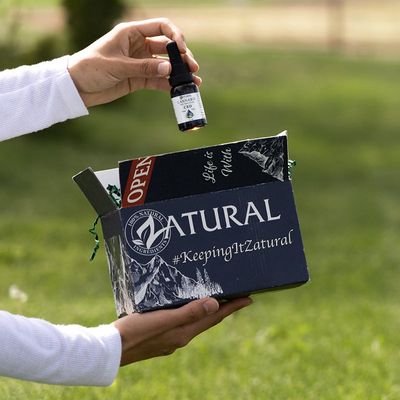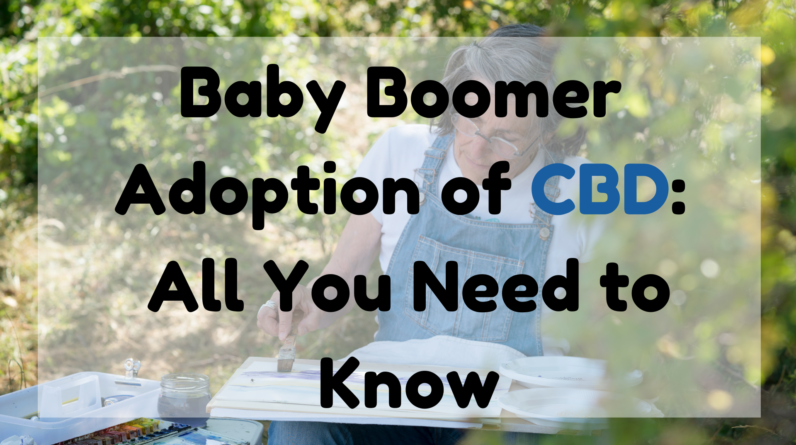
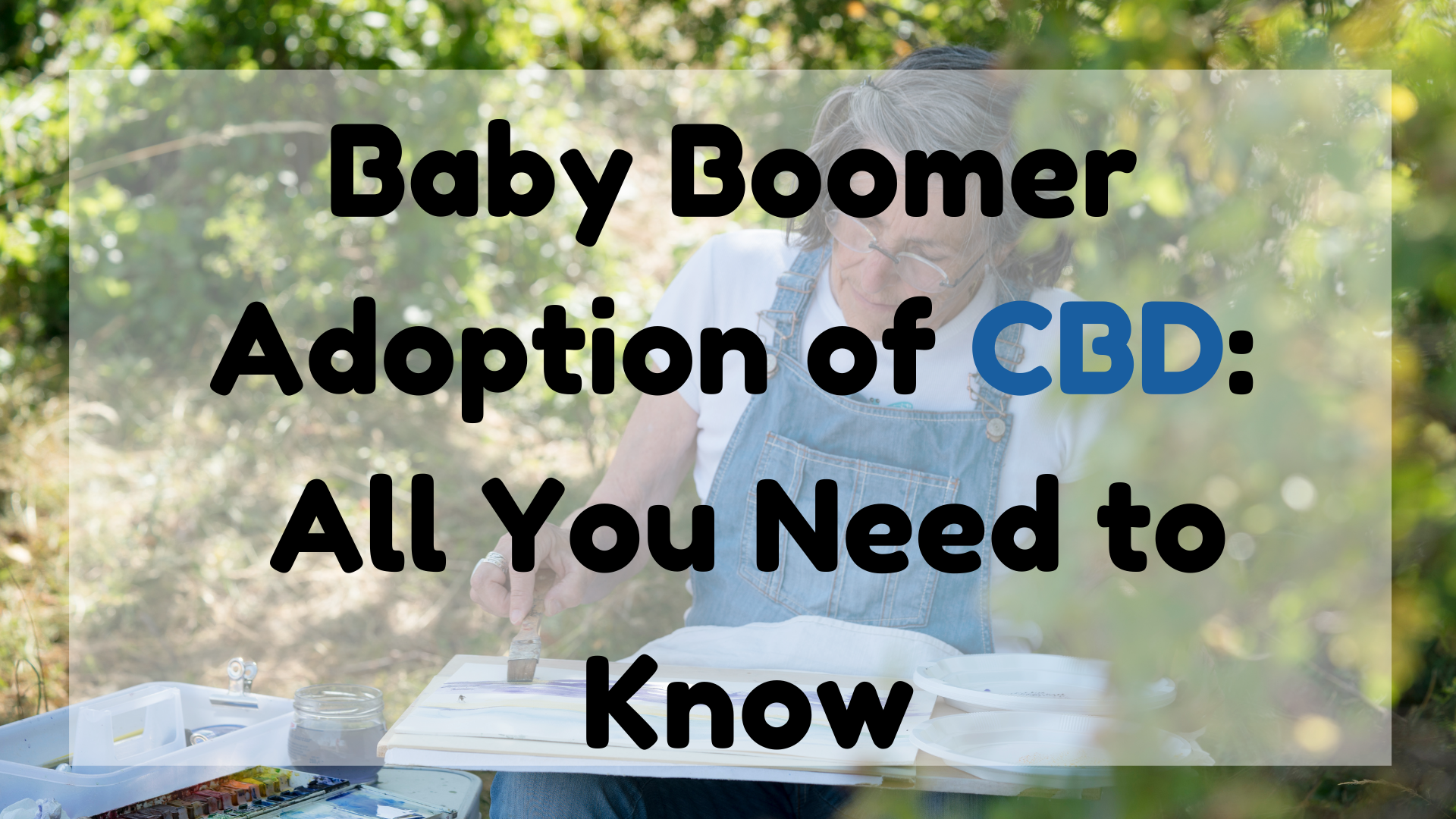
Baby Boomer Adoption of CBD: All You Need to Know
The CBD market has exploded in popularity, going from obscurity to top health and retail store.
According to recent studies, two-thirds of Americans are already familiar with CBD (cannabidiol), and the CBD market is about to hit $1.8 billion in consumer sales by 2022.
In recent years, the Cannabidiol (CBD) business has boomed, notably in the United States and Canada, with an exceeding number of individuals turning to CBD oils and other similar products to help them combat ailments including insomnia, anxiety, and joint pain.
Who Is Using CBD These Days?
CBD oil is “extremely familiar” or “somewhat familiar” to 47 percent of adults in the United States.
All age groups under 64 have similar levels of CBD familiarity.
For those aged 65 and up, CBD familiarity reduces drastically.
Younger generations more commonly use CBD than older generations.
11 percent of Generation Z utilizes CBD or hemp oil regularly or regularly.
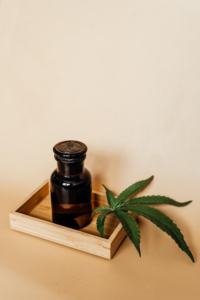
Generation X is the most likely buyer of CBD-infused cosmetics and personal care products.
The West and Midwest of the United States are the most familiar with CBD.
Who are Baby Boomers?
The generation born between 1946 and 1964 is called Baby Boomers.
This baby boomer generation had a lot of cannabis experience. People from this generation were aware of Cannabis.
Cannabis, whether or not they smoked it, and there were claims regarding its health benefits even back then.
However, many people chose not to use it because it was illegal.
From 1965 to 1979, Generation X’ers (also known as the “middle child” of generations) were born.
Gen X is the second-largest buyer of CBD behind Baby Boomers.
The Cannabis market has undergone several changes recently.
Explaining the clear distinction between Hemp and Marijuana is one of the most significant advances.
There are questions Are hemp and CBD the same?
Are Hemp And CBD the Same?
Hemp and marijuana are members of the Cannabis sativa species, and the two plants have a similar appearance. Within a species, though, there can be a lot of variances.
THC, or tetrahydrocannabinol, is the psychoactive component distinguishing hemp from marijuana.
Hemp has 0.3 percent or less THC, indicating that hemp-derived products do not provide the “high” associated with marijuana.
CBD is a cannabinoid found in marijuana.
There are hundreds of these molecules, which are referred to as “cannabinoids” because they interact with receptors involved in processes such as appetite, anxiety, depression, and pain feeling.
THC is a cannabinoid as well.
How Much is CBD Baby Boomers Consuming?
According to a poll done by medicinal cannabis business Eaze, Baby Boomer Adoption of CBD accounted for a significant share of CBD purchases, with over 8% of Boomers using a Cannabidiol product in 2018.
Furthermore, female Boomers were significantly more likely than male Boomers to consume CBD.
This guideline applies to all generations and groups in the United States.
Why Are Baby Boomer Adoption of CBD at a Higher Rate Than Others?
The ability of Cannabidiol oils and other CBD products to treat or help manage various problems that older Americans commonly suffer from is the reason why so many Baby Boomers are utilizing them.
Boomers use CBD to treat various diseases, including joint pain, skin issues, and sleep disorders.
Aside from CBD, Baby Boomers are growing more willing to try other medicinal cannabis products.
Cannabinol (CBN) is another related product gaining popularity in the United States, particularly among Boomers and Millennials.
It may be used to treat many of the same problems as CBD, but because it’s a more potent sedative, it’s particularly beneficial in treating sleep disorders, including insomnia.
The increased use of CBD and CBN by Baby Boomers is accompanied by a decrease in their over-the-counter and prescription medications, as they are replacing one for the other.
Here are the products that all age groups can utilize
1. cbdMD CBD Oil Tincture Drops – Natural
The highest premium and currently legal cannabidiol in the United States is cbdMD CBD Oil Tincture Drops Natural.
The innovative “hybrid broad-spectrum” technique yields the purest CBD while retaining the plant’s other beneficial cannabinoids, terpenes, amino acids, and essential oils, all of which are necessary for the highly desired “entourage effect.”
This cutting-edge method yields the industry’s first authentic full-plant cannabis extract with no THC.
They only use 100 percent organic hemp farmed and processed on American farms and facilities.
These CBD oil tincture drops are gluten-free and vegan-certified, and non-GMO.
In addition to the natural flavor, cbdMD offers three award-winning all-natural flavors: mint, orange, and berry.
Each type has just a smidgeon of flavor to leave your taste senses tingling.
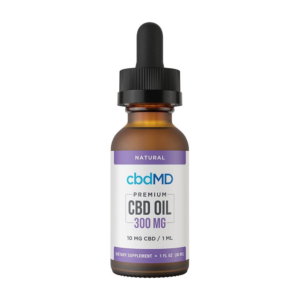
2. Aspen Green FULL SPECTRUM HEMP EXTRACT (1000MG)
1000mg Pure Organic Full Spectrum Hemp Extract provides a broad range of phytonutrient-dense entire hemp plant extracts without the euphoric effects of THC.
Hemp is cultivated and harvested under rigorous, hygienic farming conditions on USDA Certified Organic farms.
Every bottle and jar contains essential vitamins, minerals, alkaloids, terpenes, and flavonoids, thanks to full-spectrum extraction.
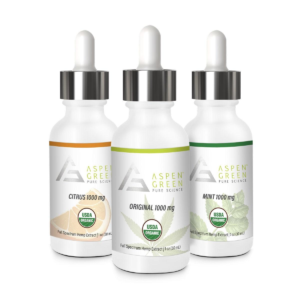
How Much Money Do Baby Boomers Spend On CBD?
The average Boomer spends just over $95 per month on CBD oils and other related items, while Millennials spend $75.94 per month on similar products.
This disparity can be described by the fact that Boomers spend more on medication and supplements on average than Millennials due to their different health needs.
Another possible explanation for the significant disparity in monthly medicinal cannabis spending is that Boomer is better off financially.
Conclusion
Many of these boomers are concerned about critical health issues such as chronic pain.
Many of them are wary of the changed mental state that comes with tetrahydrocannabinol (THC) – even though THC has been demonstrated to alleviate some of those same health issues.
Moreover, they’re all getting older, which means they’re more likely to be afflicted by the age-related illnesses that CBD can help with.
As the stigma surrounding Cannabis and its derivatives fade and research improve, many older citizens in the United States turn to CBD as a non-addictive, side-effect-free solution to their healthcare demands.
CBD has moved one step closer to full legalization with its recent reclassification from a Schedule 1 to Schedule 5 drug — the same classification as prescription cough syrup — and the approval of the Farm Bill 2018, which authorized hemp farming.
However, in the view of older Americans, legitimacy came earlier, thanks to an increasing presence in publications, online businesses, and cafes.
References
- https://www.legalscoops.com/baby-boomer-cbd-use-equals-that-of-millennials/
- https://cannabismd.com/news/trending-business/more-baby-boomers-become-cbd-advocates-and-avid-consumers/
- https://www.prnewswire.com/news-releases/mainstream-cbd-acceptance-being-driven-by-boomers-and-millennials-300845062.html
NEXT Best CBD Oil for Hashimoto’s
Legal and Medical Disclaimer
Information provided on the site is for educational purposes only, and does not substitute for professional medical advice.
You MUST consult a medical professional or healthcare provider if seeking medical advice, diagnoses, or treatment.
Additionally, you must consult your local and federal laws regarding the legality of buying CBD and THC products.
We do not provide any legal advise.


